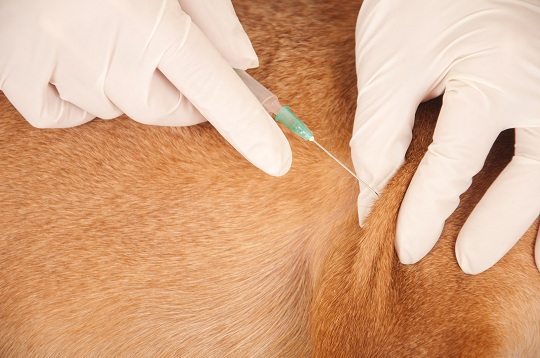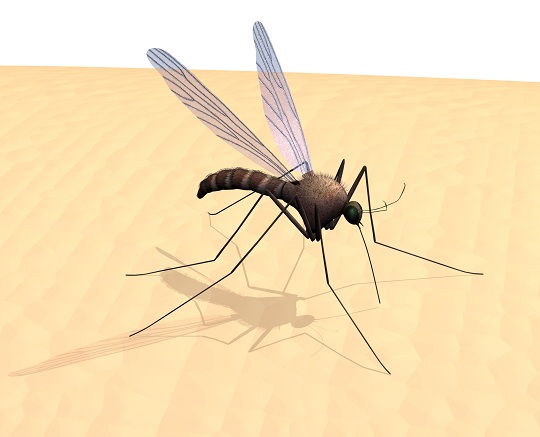Worms are one of the most common ailments that affect dogs, so you should not freak out when you think your pooch may be suffering. There are ways to tell if your dog has worms, how it got them, and how it can be treated and prevented in the future. Your dog can’t speak, so it is entirely up to you to keep an eye out for anything that could be troubling them. Below is more information on how to treat worms in your dog.
Symptoms
– Visible worms or eggs in fur, fecal matter, vomit
– Scratching/rubbing butt on ground or against furniture
– Bloated stomach
– Weakness, weight loss, increased appetite, diarrhea
How dogs get worms
– Worm eggs can form cysts in adult dogs that remain dormant and transfer to puppies through birth/milk
– Contact with infected dirt
– Fleas
– Hunting/eating wildlife
Treatment
– All-in-one medications in flavored chewable tablet form
– Dewormers — Find the correct cure for your dog’s type of worm
1) Ivermectin- prevents heartworm
2) Pyrantel pamoate- treats hookworms and roundworms
3) Selamectin- treats heartworms, prevents hookworms/roundworms
4) Milbemycin oxime- prevents heartworms, treats hookworms/ roundworms/whipworms
5) Paziquantel- treats tapeworms
Preventative measures
– Keep your dog on a monthly treatment of tablets
Continuing Problems
If you continue to have problems with your dog getting worms, you should speak with a veterinarian. Use TalkLocal to be put in contact with reliable local veterinarian businesses. You don’t have to do any work! Simply input your problem and availability and within minutes your should be connected to someone who can help you out.











